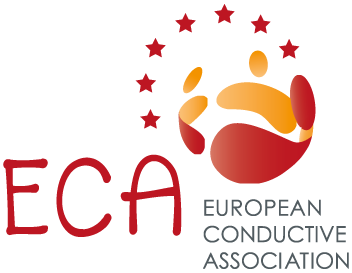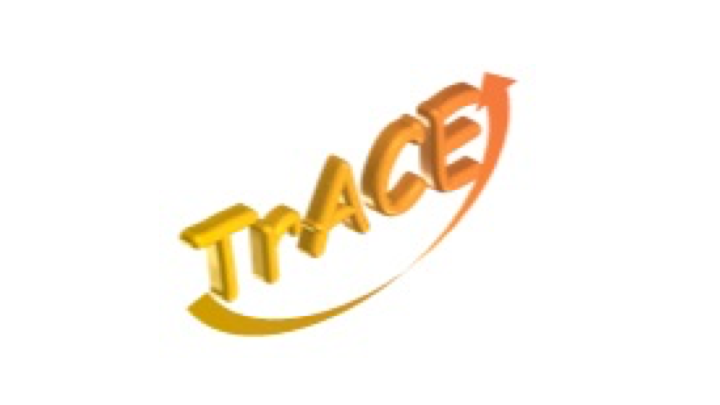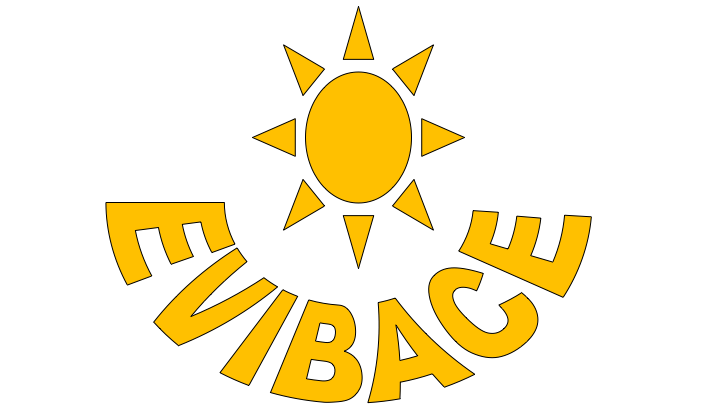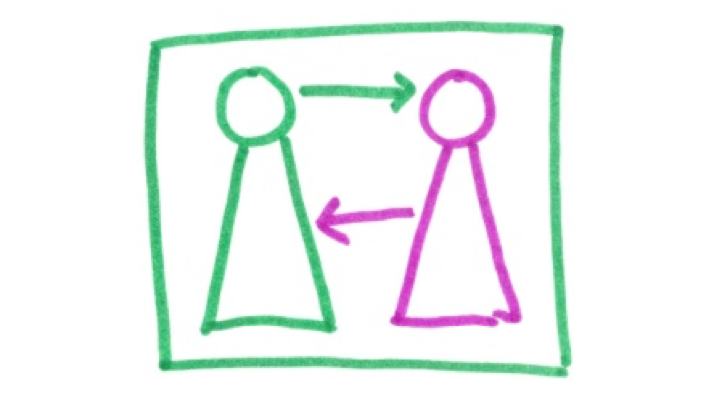European Projects and Partnerships
The ECA is involved in many EU Projects and Partnerships to improve and spread Conductive Education.
With the support of ECA several European Projects and Partnerships were carried out. The results and outcomes will help institutions and associations – also in other countries to – improve their Conductive Education competence, reflect their practice and work out new CE programmes. They can benefit from the expertise of experienced CE institutions, raise quality and provide access to more people. These projects were joined by nearly 20 institutions working in the field of Conductive Education.
Several handbooks and guidelines were produced within the projects. We hope that the contents will serve as guidance for your own work with Conductive Education. Hereafter you can find the downloads and booklets, which explain the nature, details and outcome of each individual project.
2017-2018
TrACE-Transition to Adulthood with CE
Erasmus+
Transition to Adulthood using the Principles of Conductive Education.
This project focussed on the application and practice of Conductive Education in adulthood. The handbook provides a detailed overview of current provision as well as an excellent comparison with Conductive Education in childhood.
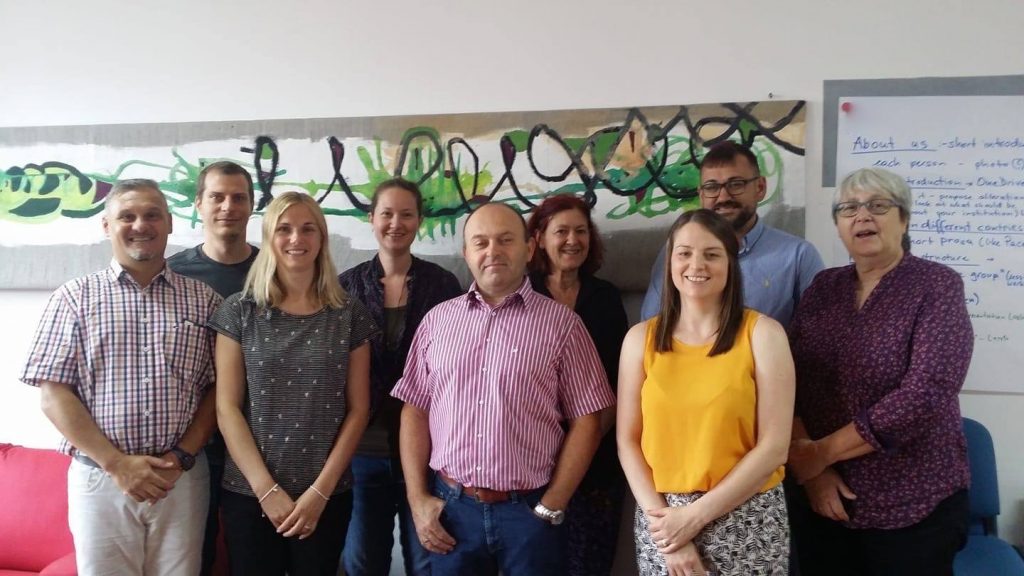
2013-2015
Lifelong Learning Program –
Two Comenius Partnerships:
EVIBACE
Evidence-Based Conductive Practice towards whole school improvement.
This project culminated in the publication of a resource manual evaluating the effectiveness of standardized measures for evaluating conductive practice. It is an excellent resource for all professionals in the field. Involved in the project were 7 schools/institutions from 6 countries: Austria, Belgium, Germany, Hungary, UK, Sweden.
Communicate & Participate
Communicate & Participate – Empowerment of Children with Disabilities through Augmentative & Alternative (AAC) Communication.
The goal of the project was to share experience and expertise on how to apply and integrate AAC in a Conductive Education setting. The partners explored examples of best practice and created guidelines and material. Involved in the project were 6 schools from Austria, Belgium, Finland, Germany, and the UK.
2010-2012
Lifelong Learning Programme –
Three multilateral Partnerships:
Leonardo da Vinci
“EQUALREHAB”
The goal of the project was to define conductive quality standards and certification. The certification process is a very difficult topic and could not be finalised in the partnership. But the partners produced another very important handbook: a Conductive Education Glossary.
Grundtvig Project
Together, Constructive, Conductive
This project worked to identify key factors that should be included in conductor training, irrespective of where this training takes place. It provides key theories and philosophies which enhance understanding of Conductive Education for those training. The goal of it was to find different forms of cooperation in the field of Conductive Education training and courses. Involved in the project were Austria, Germany, Sweden, and the EU; Hungary was invited to the meetings as an expert.
A handbook about the main aspects of training in the field of Conductive Education was the outcome.
Comenius Project
“Think outside the Box”
This project dealt with Conductive Education in different national school systems. “Think outside the Box” was initiated by the exchange of experience. The goal was mainly to build up a European Conductive Education network and to facilitate conductive development. Involved in the project were Austria, Finland, Germany, the UK, and Sweden.
www.comeniusconductive.jimdo.com
2000-2003
First European Project
Socrates Comenius
Seven organizations from Austria, Germany, UK, and Norway were involved in the project. The goal of the project was to compare and analyze the different ways and types of conductors´ training in Europe. The outcome of the project was the definition of modules for conductor training and a handbook.
